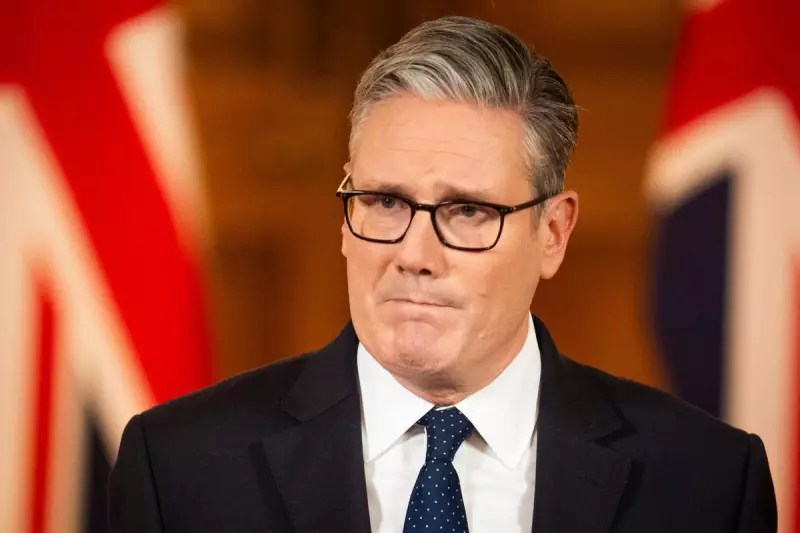
In a bold diplomatic manoeuvre that signals Britain's potential future foreign policy direction, Labour leader Sir Keir Starmer has embarked on a series of high-level meetings with key Middle Eastern leaders while pointedly avoiding a summit organised by former US President Donald Trump.
Strategic Engagements Across the Middle East
The Opposition Leader has held significant discussions with prominent figures including Egyptian President Abdel Fattah al-Sisi, focusing intensely on the ongoing Gaza conflict and humanitarian efforts. These carefully orchestrated meetings represent Starmer's most substantial foray into international statesmanship since becoming Labour leader.
Political analysts view these engagements as a clear statement of intent, demonstrating how a potential future Labour government might approach complex Middle Eastern diplomacy. The timing is particularly noteworthy, coinciding with Trump's competing diplomatic initiative in the region.
The Trump Summit Snub
While Starmer cultivated relationships with established Middle Eastern governments, he maintained a conspicuous distance from the Egypt summit organised by the controversial former president. This calculated avoidance speaks volumes about Labour's current positioning regarding Trump's influence on global affairs.
Sources close to the Labour leader suggest the decision reflects both political pragmatism and strategic alignment with current UK government policy, which has also maintained distance from Trump's initiatives.
Humanitarian Focus Takes Centre Stage
Throughout his diplomatic tour, Starmer has emphasised the urgent need for humanitarian assistance in Gaza and the importance of establishing sustainable ceasefire arrangements. His discussions have reportedly centred on:
- Immediate humanitarian corridor establishment
- Long-term peace framework development
- International coalition building for conflict resolution
- Post-conflict reconstruction planning
Political Implications for UK Foreign Policy
This diplomatic offensive comes at a crucial juncture, with Starmer positioning himself as a prime minister-in-waiting ready to engage on the world stage. The deliberate contrast with Trump's approach highlights potential shifts in how Britain might navigate Middle Eastern politics under a Labour administration.
Foreign policy experts suggest these moves could redefine Britain's role in Middle Eastern diplomacy, particularly as global powers recalibrate their approaches to the region's persistent conflicts.
The Labour leader's team has remained tight-lipped about specific policy outcomes from these meetings, but insiders indicate that substantive discussions about Britain's future role in the region have taken place at the highest levels.





